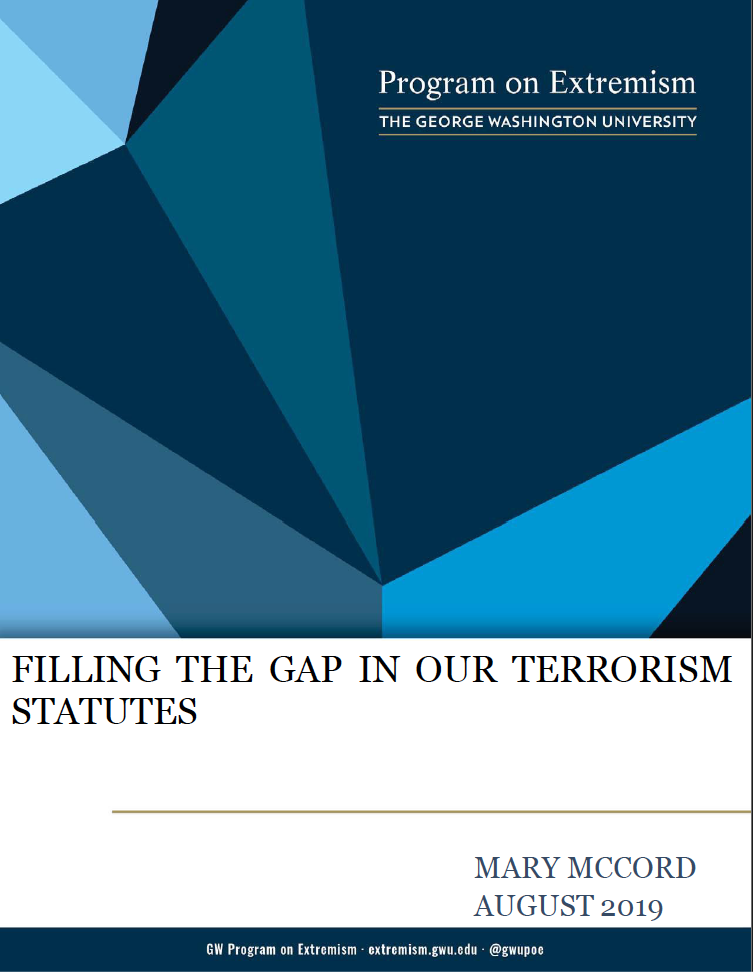U.S. Code defines both “international terrorism” and “domestic terrorism” exactly the same way, except that “international terrorism” occurs “primarily outside the territorial jurisdiction of the United States, or transcend[s] national boundaries,” while “domestic terrorism” occurs “primarily within the territorial jurisdiction of the United States.” But these definitions do not create the terrorism offenses that appear in Chapter 113B of Title 18 of the U.S. Code, titled “Terrorism.” The crimes in that chapter prohibit: using weapons of mass destruction; acts of terrorism transcending national boundaries; engaging in financial transactions with countries that support international terrorism; bombing places of public use, government facilities, public transportation systems, and infrastructure facilities; possessing, using, or threatening to use a missile system designed to destroy aircraft; using or attempting to use a radiological dispersal device; acts of nuclear terrorism; harboring or concealing terrorists; providing material support to terrorists; providing material support to a designated foreign terrorist organization; financing terrorism; and receiving military-type training from a designated foreign terrorist organization.
In addition to the crimes included in the “Terrorism” chapter of the U.S. Code, others are defined as “federal crimes of terrorism” for certain purposes, and include things like using or attempting to use biological weapons; kidnapping or assassination of certain U.S. and foreign government officials; and attacks on U.S. government property. But none of these crimes apply to terrorist attacks committed based on what are commonly thought of as “domestic” political and social ideologies like white supremacy when committed with a firearm or vehicle. This double standard fails account for the moral equivalency of killing innocents based on a desire to create a white ethno-state and killing innocents in furtherance of Islamist jihad. The failure also leaves law enforcement without important tools for integrating the investigation and prosecution of “domestic” terrorism into the national counterterrorism program—a program focused on prevention of terrorist acts in the homeland and not merely on prosecutions after the harm already has been done.
A federal terrorism statute applicable to crimes of violence committed in the territorial jurisdiction of the U.S., when committed with one of the intents included in the definitions of both international and domestic terrorism, regardless of the ideology behind it, would fill this gap.


